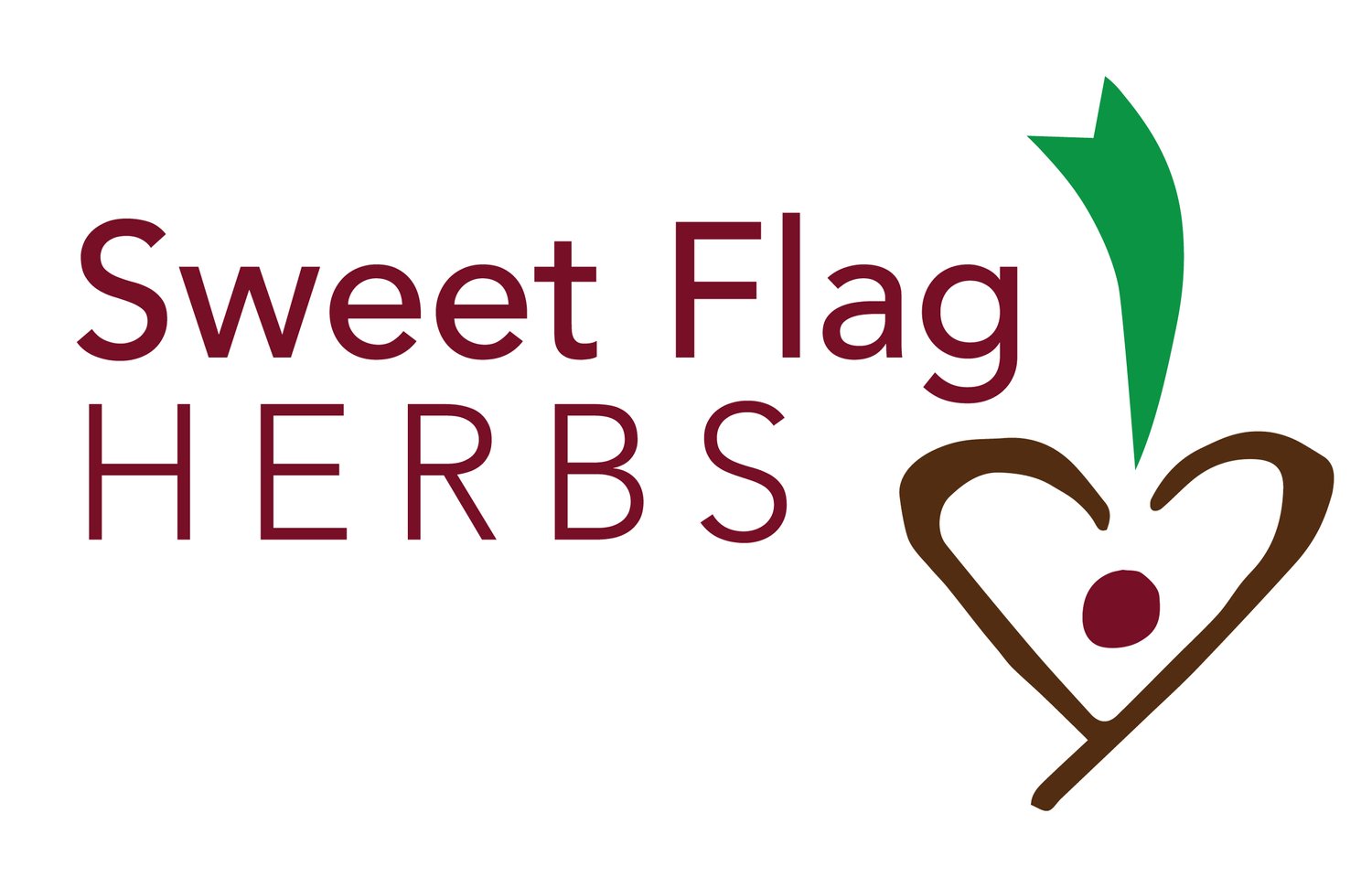Writing Project: A Nourishing Harvest
As a health practitioner with a background in environmental studies, I reflect on the disconnect between the wellness community and environmental justice/public health. On one hand, we can own the power we have over our own well-being. Mindfulness, whole/local foods, movement and getting outdoors, managing stress, and positive relationships play a huge role. In a capitalist society, our dollar is our vote for a more just and sustainable culture.
On the other hand, Americans live in a nation where regulations favor corporate profit over citizens' well-being. We experience daily exposure to toxic chemicals in our lawns and food, water, air, and home products. Communities of color and low-income individuals are most affected by environmental health risks, but have the least access to resources to support wellness and political action.
I believe that a health culture focusing solely on personal responsibility, while ignoring the social and environmental factors that affect us all, is missing the mark. It’s a reflection of an increasingly individualistic society-- a society that ranks pretty low in Gross National Happiness. Addressing environmental risks is vital for improving physical health. Working together as a community to resolve shared issues helps us to feel more connected, and more fulfilled.
I also believe that environmental sustainability requires an intimate relationship with our local ecosystem. Cultures that rely on local plants for food and medicine have a vested interest in the vibrancy of those species, and they’re much more likely to notice changes and issues that arise. To safely rely on plants in our local community, we must access information about the safety of soils in our gardens and public spaces. Contamination is usually invisible.
Image: I’m snipping feverfew leaves in my parents’ garden.
This philosophy shapes a new subscription-based writing project I'm excited to be launching: A Nourishing Harvest. I’ll offer 1-3 articles per month connecting the WNY gardening, wild-foraging, and natural health communities with WNY-focused information supporting safe, toxin-informed harvest of food and medicine.
Articles focus on two themes:
1.) Guidance about legal and safe wild foraging in western NY's public spaces
I believe that community members should have permission to respectfully harvest plants like invasive Japanese knotweed and dandelions in parks and forests. Many of us rent housing, and do not have access to private property for gardening or foraging. Harvesting invasive species also serves park management intentions. So, where is harvesting allowed? What is the history of use of that park? Is that pretty hill an old garbage dump? Was that recent planting of trees a corn field routinely sprayed with DDT? What are the pest/invasive management practices like? How can the public access herbicide/pesticide application records to know whether that invasive garlic mustard is safe to make into pesto?
2.) Safe gardening and wild-harvesting throughout western NY
I have received many related questions from students."My lawn hasn't been sprayed in 3 years. Is it safe to grow food there?" "I live in the city and can't harvest from the contaminated soil. Is this potting soil brand safe to use for food/medicine?" "I live 1/2 mile from a corn or grape farm. How much of the spray is getting onto my property?" "Where do local landscaping companies get their topsoil from? How can I know it's safe for raised beds?"
Since I encourage hundreds of students each year to eat wild "weeds" and grow their own medicine, these questions are important to answer as best I can. I searched for gardening books that address safely growing food in our chemical-heavy country, and didn't come up with much. Online articles address gardening safely around heavy metals in the soil-- but what about other chemicals from landscaping, ag applications, and more? I'm excited to learn more from journal articles, interviews with experts, and hopefully testing local soils if funds allow.
Because it's easy to place writing on the back burner as I deal with day-to-day work responsibilities, I'm happy to have found a way to prioritize this work. "I don't feel anxious when I'm writing," I told Patrick recently. "It clears my head, and gets me in touch with what I'm most passionate about."
"Sounds like you should do more of that," he replied.
I can't wait to share what I'm learning with you! Check out anourishingharvest.com to learn along with me.

